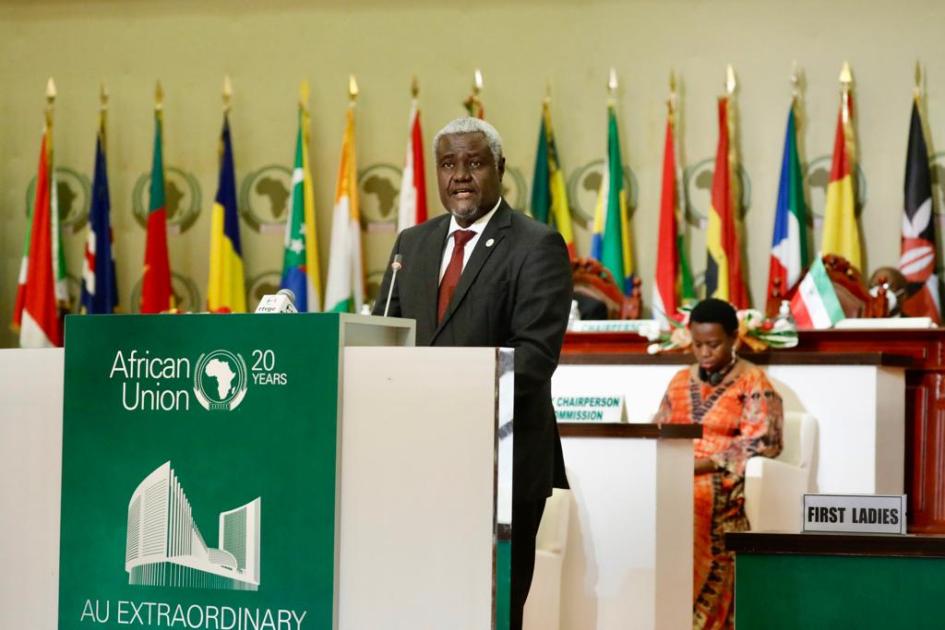Topic Resources
February 03, 2021
Taking Stock, Charting the Future.
January 24, 2021
The mandate entrusted to me on 17 January 2017 is fast approaching an end and I will present an exhaustive assessment of it to the Assemb
June 17, 2020
Excellence Monsieur le Président de la République Populaire de Chine,
February 10, 2022
Agenda 2063 is Africa’s development blueprint to achieve inclusive and sustainable socio-economic development over a 50-year period.
March 27, 2025




